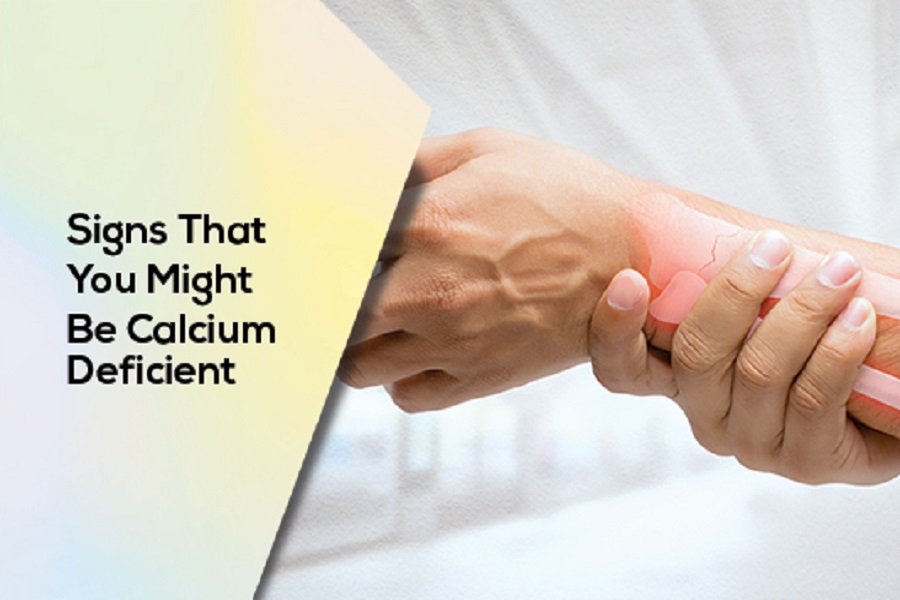
Follow us Now on Telegram ! Get daily 10 - 12 Interesting Updates. Join our Telegram Channel https://t.me/OhWomen
Download Telegram App before Joining the Channel
Health experts are raising alarms as new surveys reveal a steady rise in calcium deficiency across different age groups in India and globally. Nutritionists attribute the trend to lifestyle changes, poor dietary choices, and lack of awareness about the importance of this vital nutrient.
Calcium, essential for bone strength, teeth health, muscle function, and nerve signaling, is often missing from daily diets. While an average adult requires 1,000–1,200 mg of calcium per day, most individuals fail to meet even 70% of this recommended intake.
Doctors caution that long-term calcium deficiency, or hypocalcemia, can lead to brittle bones, osteoporosis, frequent fractures, muscle cramps, fatigue, and—in severe cases—irregular heart rhythms. Particularly concerning is the decline in calcium levels among children and adolescents, who need the mineral most during their peak growth years. Their increasing reliance on processed foods instead of natural sources such as milk, curd, leafy greens, almonds, and fish is fueling the problem.
“Urban lifestyles have contributed to a major dietary imbalance. People are consuming more fast food and carbonated drinks that actually reduce calcium absorption in the body,” explained Dr. Anjali Sharma, a nutrition expert. She also noted that women, especially after menopause, face the highest risk due to hormonal changes that affect bone density.
The Indian Council of Medical Research (ICMR) recommends boosting calcium intake through natural foods and supplements when necessary. Experts also highlight the importance of regular sunlight exposure, as Vitamin D plays a crucial role in calcium absorption.
Public health campaigns are urging schools, workplaces, and households to include calcium-rich foods in daily meals. Specialists believe that timely lifestyle changes, health check-ups, and awareness drives can help curb this growing concern.
Health authorities stress a clear message: “Strong bones today mean a stronger future tomorrow.”